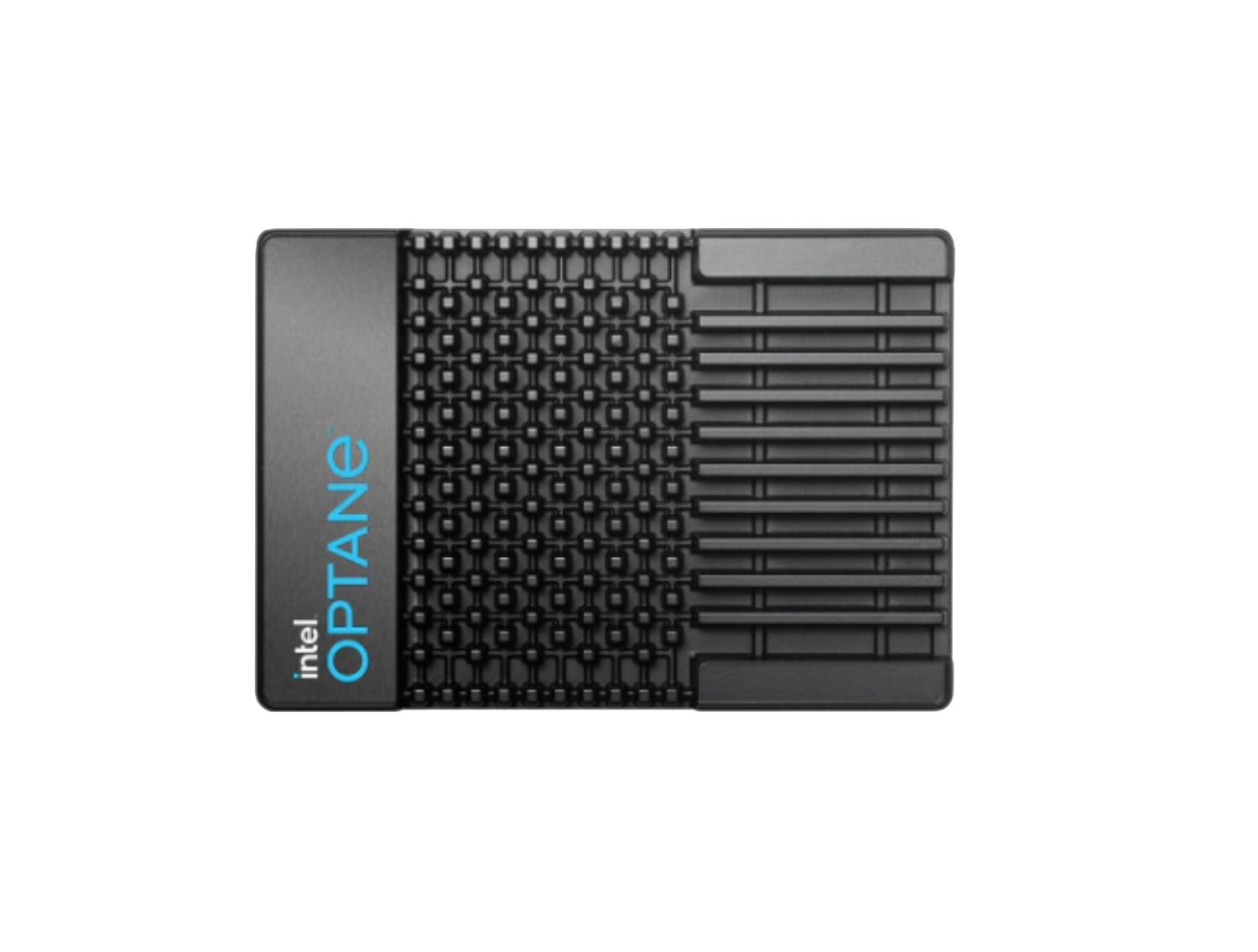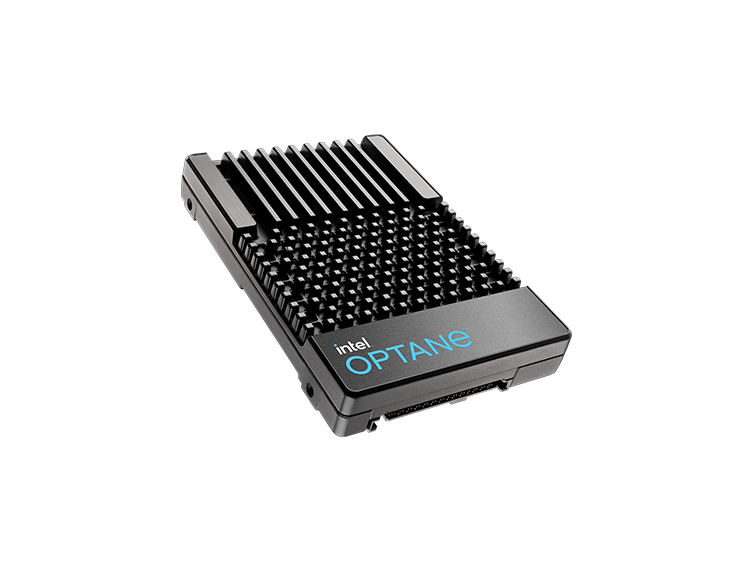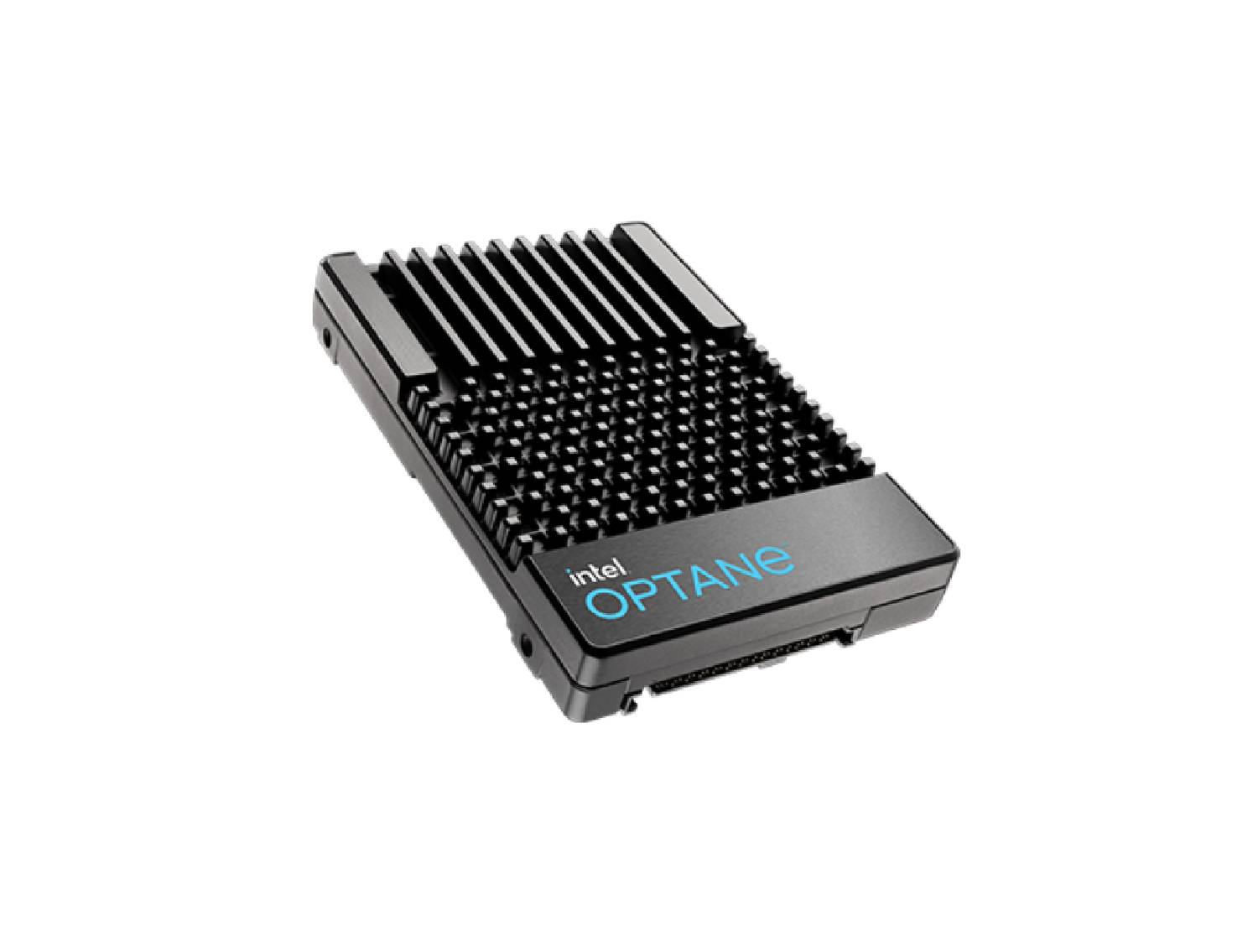Intel® Optane™ SSD P1600X Series (118GB, M.2 80mm PCIe 3.0 x4, 3D XPoint™)
Earn 195 points when you buy me!
- PCIe 3.0 x4, NVMe interface.
- M.2 22 x 80mm form factor.
- 118 GB storage capacity.
Features
With right-sized capacity; high throughput and low latency; and excellent endurance, the Intel® Optane™ SSD P1600X Series is the ideal boot drive for the modern data center.
Data center servers are usually equipped with SATA or NVMe NAND-based SSDs as boot drives. But these drives may raise concerns about performance, reliability, and cost, especially for today’s data-hungry, mission-critical workloads.
Legacy Boot Drives Are Inefficient
Boot drives play a critical function in the data center, keeping thousands of servers up and running. Beyond the OS installation and boot processes, these drives also serve all application file system read and write requests. SATA SSDs’ throughput is 6.5x slower than NVMe throughput,1 making NVMe SSDs a better boot drive choice. However, even NVMe NAND drives’ performance and reliability suffer under heavy write pressure. What’s more, even the smallest SATA or NVMe SSDs provide far more capacity than what a boot drive requires, needlessly driving up data center costs.
The Intel® Optane™ SSD P1600X Series solves these issues. It provides consistent performance and endurance across all workloads, at an optimal capacity.
A Quick Look at Intel® Optane™ Technology
Intel® Optane™ technology is the first major memory and storage breakthrough in 25 years. It bridges critical gaps in the storage and memory hierarchy. This unique technology delivers an industry-leading combination of low latency, high quality of service, fast throughput, and high endurance. Unlike other SSD technology, Intel® Optane™ SSDs can read and write simultaneously without performance degradation.
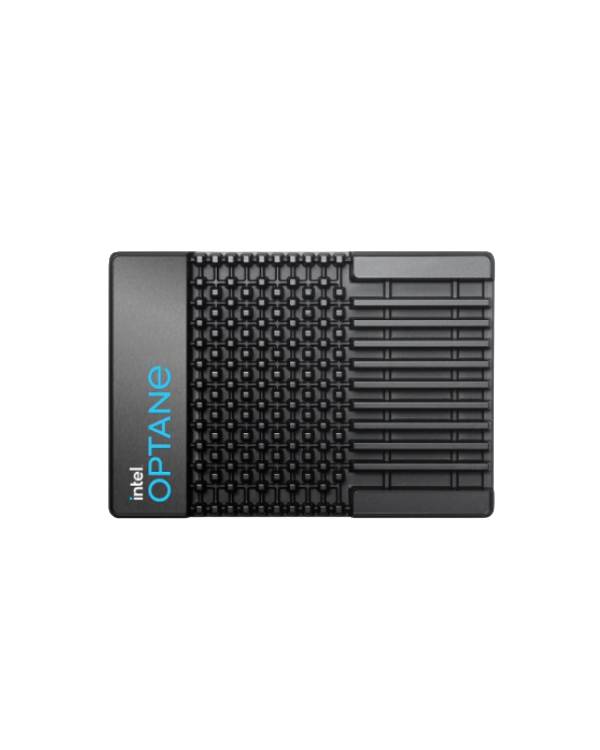
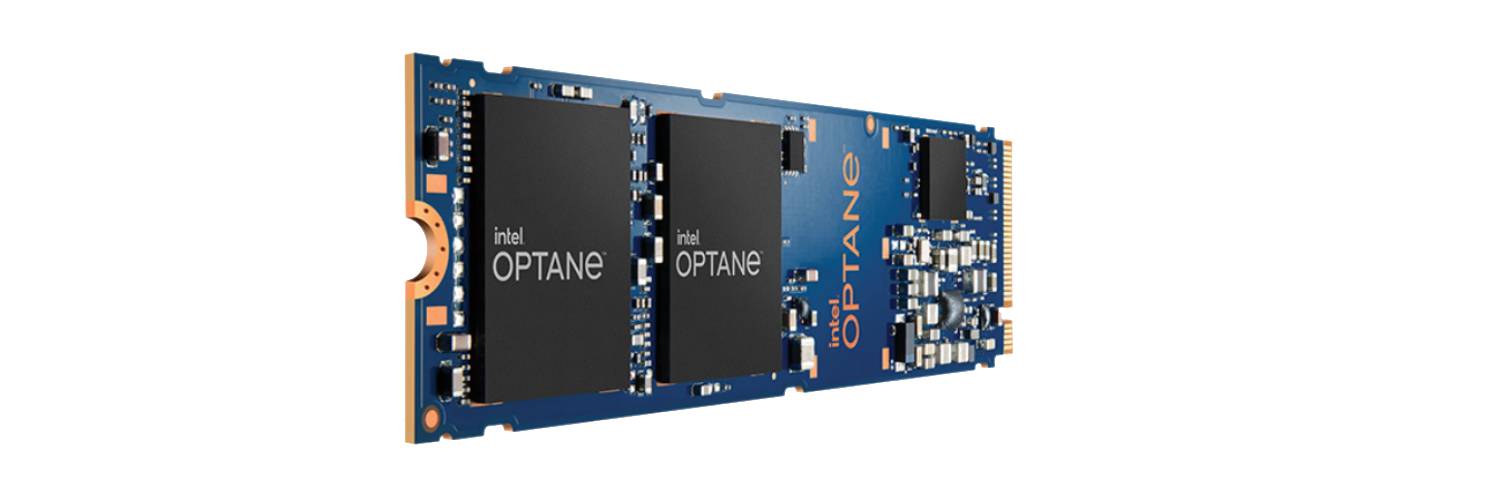
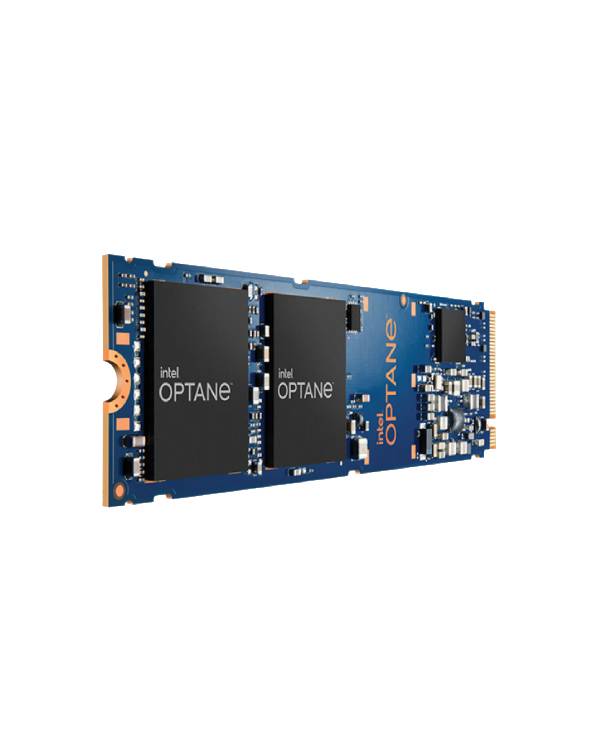
Overview of the Intel® Optane™ SSD P1600X Series
The Intel® Optane™ SSD P1600X Series offers two capacities, 58 GB and 118 GB, in the M.2 22mm x 80mm form factor, which supports high endurance and low power. These drives include the following key features:
• PCIe 3.0x4 with NVMe interface
• Ultra-low latency (7μs for reads; 10μs for writes) for exceptional responsiveness
• High endurance: 6 drive writes per day (DWPD)
• Power loss protection
Consistently High Throughput
In an environment of mission-critical applications and demanding customer requirements, data centers need predictable, high application performance.
Why It Matters
Operating system boot is primarily read-driven, installation is write-driven, and application file system access is typically (and sometimes heavy) random read/write. Intel® Optane™ SSD P1600X boot drives give you predictable high throughput for all types of workloads. In addition, the ultra-low latency—typically 7μs for reads, 10μs for writes—means that mission-critical applications don’t have to wait for the data they need.
Right-Sized Capacity with Room for Value-Added Services
While most operating systems, such as Microsoft Windows Server and various flavors of Linux, require no more than 32 GB of storage capacity, most NAND-based SSDs are 240 to 480 GB (or larger). Most of the time, this extra capacity simply goes to waste.
| MFG Number | SSDPEK1A118GA |
|---|---|
| Condition | Item Condition : Brand New |
| Price | $195.99 |
| SSD Storage | 118 GB |
| SSD Form Factor | M.2 22 x 80mm |
| SSD Interface | PCIe 3.0 x4, NVMe |
| Order Processing Guidelines | Order Processing Guidelines: Inquiry First – Please reach out to our team to discuss your requirements before placing an order. |

